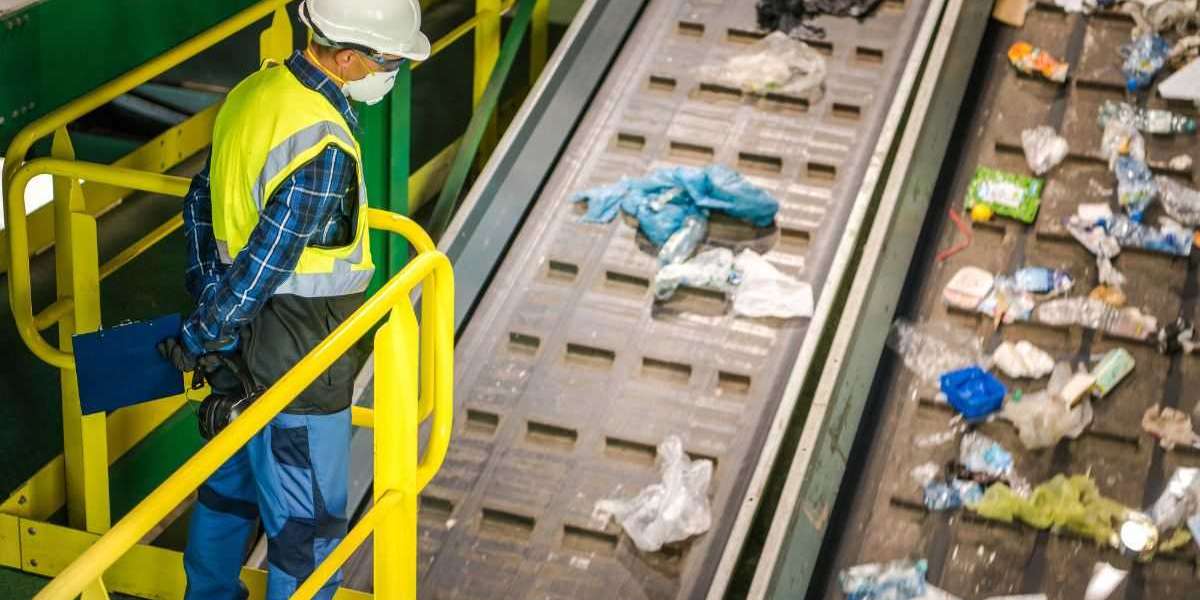Discover how EHS consultants play a pivotal role in supporting waste reduction initiatives. From conducting thorough waste audits to implementing sustainable practices, these experts offer tailored solutions to minimize environmental impact. By leveraging their expertise, businesses can streamline operations, reduce costs, and enhance their sustainability profile. Learn how the guidance of EHS consultants can lead to significant waste reduction outcomes, fostering a greener and more efficient workplace.
Understanding EHS Consulting
Definition
EHS consulting, which stands for Environment, Health, and Safety consulting, focuses on assisting organizations in managing environmental and safety regulations. EHS consultants work to minimize risks, promote sustainability, and enhance overall workplace safety.
Regulatory Compliance
EHS consultants play a crucial role in ensuring that companies adhere to legal requirements related to waste management and reduction. They conduct audits, assess risks, and develop strategies to address compliance gaps effectively.
Services Offered
- Environmental Impact Assessments: EHS consultants evaluate the environmental impact of operations and recommend measures to reduce waste generation.
- Waste Minimization Strategies: They devise plans to minimize waste production, enhance recycling efforts, and optimize resource utilization.
- Training Programs: EHS consultants provide training sessions to educate employees on proper waste handling practices and regulatory requirements.
- Compliance Monitoring: They monitor compliance with waste management regulations, conduct inspections, and offer guidance on corrective actions.
Key Benefits of EHS Consulting
Cost Savings
Specialized EHS consultants offer cost-effective solutions that help companies reduce waste, leading to significant savings in the long run. By implementing robust EHS management systems, businesses can streamline processes and minimize unnecessary expenses.
Enhanced Safety Standards
Engaging EHS consulting services ensures companies maintain compliance with safety regulations, fostering a safe work environment for employees. Through effective safety consulting, organizations can identify and address potential hazards, reducing the risk of accidents and injuries.
Positive Environmental Impact
Environmental consulting by sustainability consultants plays a crucial role in promoting environmental sustainability. By addressing EHS concerns and implementing sustainable practices, businesses contribute to reducing their carbon footprint and preserving natural resources.
Strategic Approaches to Waste Reduction
Waste Audits
Waste audits play a crucial role in identifying reduction opportunities within organizations. By conducting detailed assessments, EHS consultants can pinpoint areas where waste management practices can be improved. Through these audits, companies can streamline their processes and minimize unnecessary waste generation.
Waste Minimization Techniques
EHS consultants implement various waste minimization techniques to help businesses reduce their environmental footprint. They focus on optimizing resource usage, promoting recycling initiatives, and exploring innovative solutions to minimize waste production. By integrating sustainable practices, organizations can enhance their sustainability services and contribute to creating sustainable work environments.
Employee Training Programs
Implementing employee training programs is essential in driving effective waste reduction strategies. By educating staff on proper waste handling procedures, recycling protocols, and the importance of responsible business practices, companies can foster a culture of environmental awareness. Well-trained employees are better equipped to support waste management efforts and ensure safe work environments.
EHS Roles in Risk and Waste Management
Proactive Assessment
EHS consultants conduct ehs risk assessment to identify potential hazards and create preventive measures. They analyze workplace conditions to minimize ehs risks.
EHS consultants play a crucial role in integrating waste management plans into ehs management frameworks. By aligning waste reduction strategies with overall EHS goals, they ensure a responsible working environment.
Emergency Response
EHS consultants develop emergency response protocols for handling waste-related incidents swiftly and effectively. They train staff on proper procedures to mitigate risks during emergencies.
- Efficiently identify potential hazards
- Implement preventive measures promptly
EHS consultants' proactive approach in risk assessment and waste management contributes significantly to creating a safe and sustainable work environment. Their expertise in developing emergency response plans ensures quick and efficient actions during critical situations.
Getting Started with EHS Consulting
Initiating Partnerships
To begin an EHS consulting partnership, organizations should first identify their specific needs and objectives. They can then research reputable EHS consulting firms to find a suitable match.
Partnering with an EHS consultant involves a series of steps, starting from the initial consultation where the consultant gathers information about the organization's operations and environmental health and safety (EHS) practices. The consultant will conduct thorough assessments to identify areas for improvement and tailor solutions to meet the client's requirements.
Conducting Initial Assessments
EHS consultants typically start by evaluating the organization's current EHS compliance status, risk management strategies, and waste reduction initiatives. This assessment helps the consultant understand the client's unique challenges and develop a customized plan to address them effectively.
During the assessment phase, consultants may perform audits, site inspections, and data analysis to gain insights into the organization's EHS performance. These findings serve as the foundation for developing comprehensive strategies to enhance waste reduction efforts and overall environmental sustainability.
Selecting the Right Firm
When choosing an EHS consulting firm, organizations should consider factors such as the firm's experience, expertise in specific industries, track record of success, and alignment with the organization's values and goals. It is crucial to select a firm that can provide tailored solutions to meet the organization's level EHS resourcing initiatives effectively.
Closing Thoughts
Incorporating EHS consultants into your waste reduction strategies can bring immense benefits to your organization. From risk mitigation to regulatory compliance, their expertise ensures a comprehensive approach to managing waste effectively. By leveraging their insights and guidance, you can streamline processes, enhance sustainability efforts, and ultimately, save costs in the long run.
Take the first step towards optimizing your waste management practices by partnering with experienced EHS consultants. Their tailored solutions and industry knowledge will not only elevate your environmental performance but also foster a culture of continuous improvement within your company.







